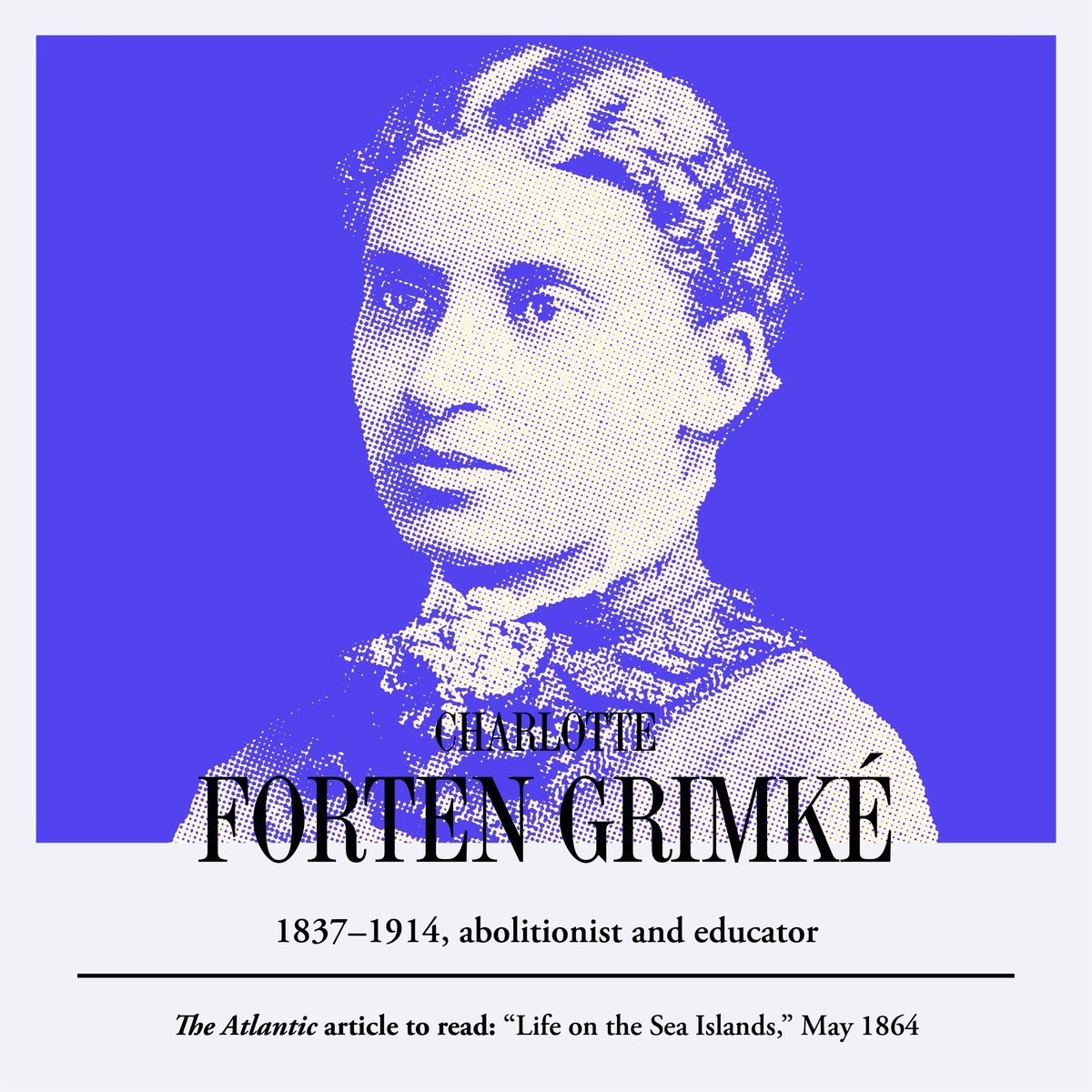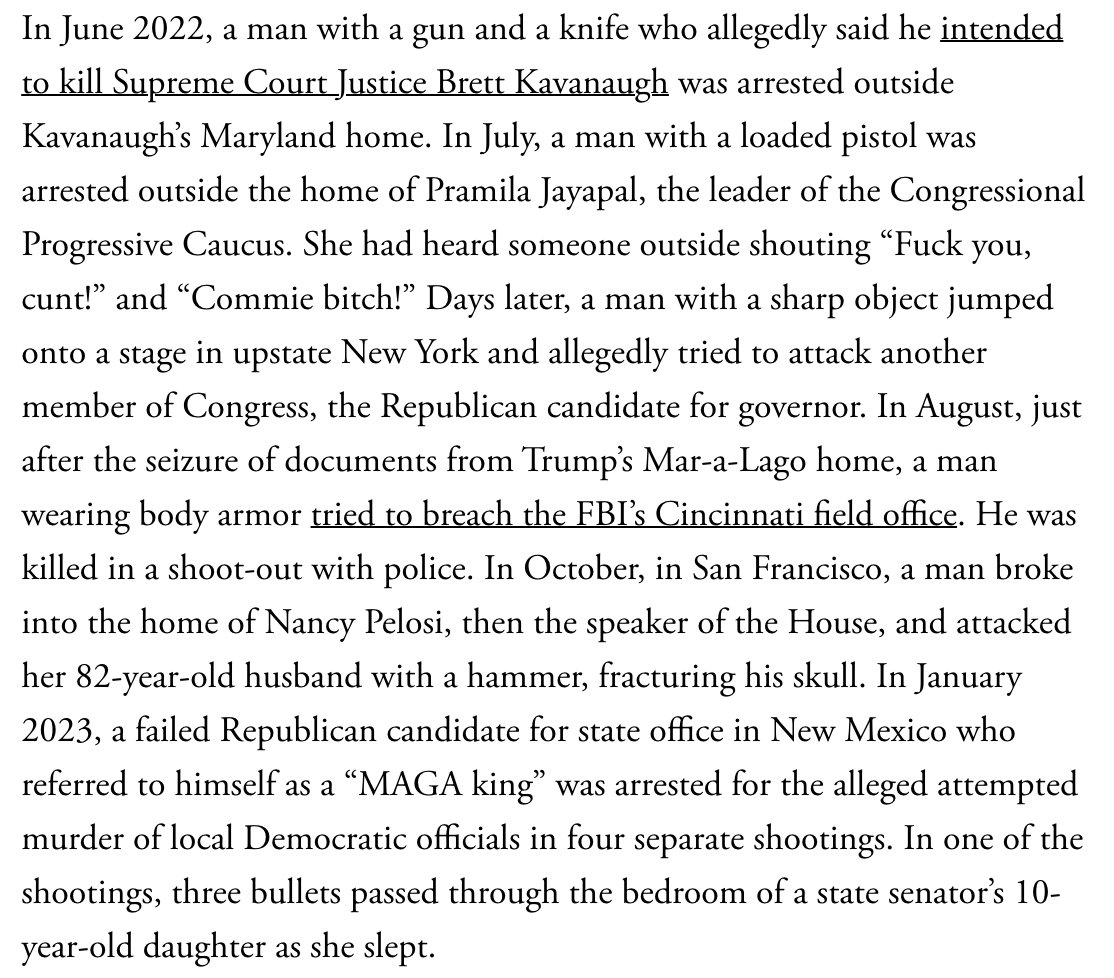1/7 As a photojournalist covering Afghanistan for two decades, @lynseyaddario has seen how hard the country’s women have fought for their freedom, and how much they have gained. on.theatln.tc/lkEz7sv 

2/7 Under the Taliban, women (except for select, approved female doctors) were not allowed to work outside the home or even leave the house without a male guardian. These four once-employed Afghan women, photographed in May 2000, were relegated to a life at home. 

3/7 When the Taliban fell in late 2001, “women quickly proved themselves invaluable to the work of rebuilding and running the country,” @lynseyaddario writes—even though conservative values persisted in Afghan society.
4/7 After being beaten by Taliban militants in 1999, Shukriya Barakzai dedicated her life to activism. She would go on to help draft Afghanistan’s constitution and serve two terms in Parliament. 

5/7 Under the Taliban, education was forbidden for women and girls in almost all circumstances. After the defeat of the Taliban, @lynseyaddario photographed women attending schools, graduating from universities, training as surgeons, and working as midwives. 

6/7 Now, @lynseyaddario writes, these gains seem to be disappearing. “Militants have opened the doors of the prisons and released thousands of prisoners, sent women home from work, and removed girls from schools.” on.theatln.tc/lkEz7sv 

• • •
Missing some Tweet in this thread? You can try to
force a refresh









